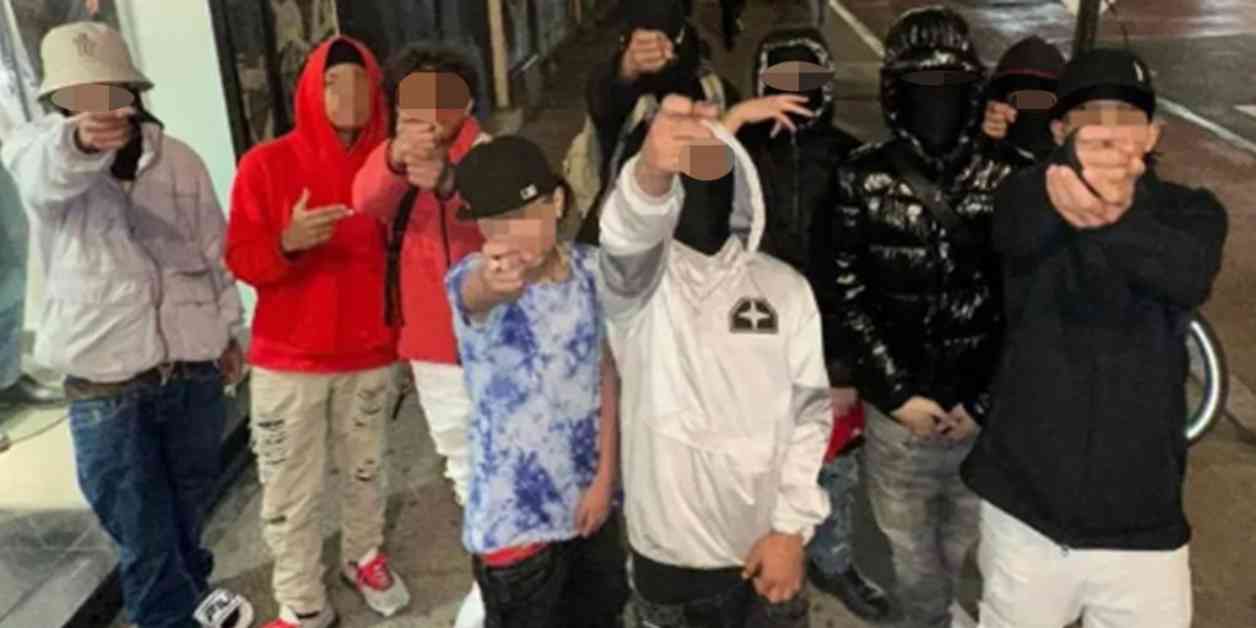Aurora City Council member, Danielle Jurinsky, has come forward with documents that reveal the Aurora Police Department was aware of the “Tren De Aragua” gang’s activities in local apartment buildings over a year ago. She shared these documents on her personal X profile, showing emails discussing extensive gang activities in the area. In an interview with Fox News Digital, Jurinsky expressed frustration with the city’s response to the issue, stating that gang members are extorting and torturing migrants who came to Aurora for a better life. She emphasized that the Tren de Aragua gang is still in control of the apartment buildings in question.
Additionally, a document from the Aurora PD’s Gang Intervention Unit in October of last year indicated that there were at least 15-20 Tren de Aragua members operating in Denver and Aurora at the time. Immigration and Customs Enforcement also had intelligence suggesting that the gang planned to establish a headquarters in Aurora, listing specific addresses of apartment buildings where they were active.
One day after the Department of Homeland Security recommended over 100 migrants believed to be associated with Tren de Aragua be placed on an FBI watchlist, Jurinsky’s revelations shed light on the extent of the gang’s presence in the area. DHS identified over 600 individuals with potential ties to Tren de Aragua, with 100 considered “subjects of interest” and recommended for placement on the FBI’s Watchlist for Transnational Criminal Organizations.
The origins of the Tren de Aragua gang trace back to the Tocoron prison in Venezuela’s Aragua state, and they have since expanded their operations to various countries, including the U.S. DHS stated that these identities were uncovered as part of an ongoing operation to address the gang’s activities.
The emergence of these documents and the attention brought to the Tren de Aragua gang highlight the challenges faced by law enforcement in addressing transnational criminal organizations. The safety and security of residents in Aurora and beyond are at stake, and it is crucial for authorities to take decisive action to combat the influence of such gangs in the community. Jurinsky’s efforts to bring this issue to light underscore the importance of transparency and accountability in addressing criminal activities that threaten the well-being of residents and migrants seeking a better life in the United States.


















